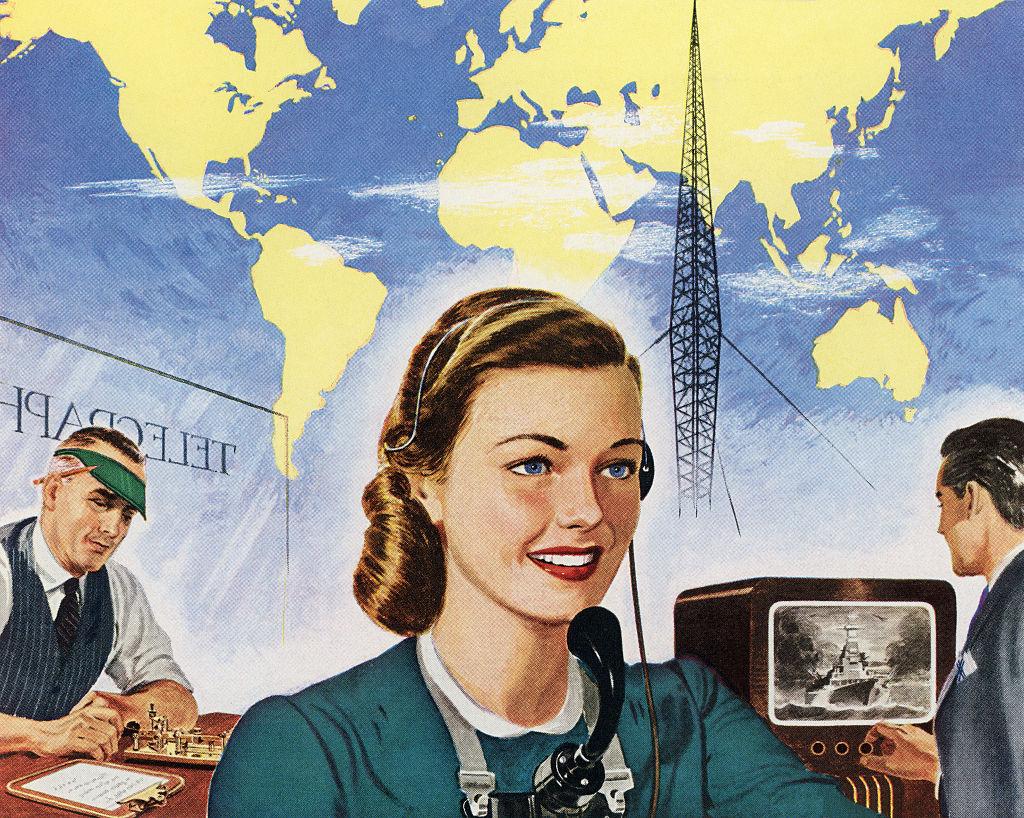This week, global leaders and heads of state gather in New York for the annual United Nations High-level Week marking the opening of the 78th session of the UN General Assembly.
On the agenda this year is a ministerial meeting to prepare for the UN’s 2024 Summit of the Future. This meeting will see nations review—amongst other issues— progress made toward the UN’s Global Digital Compact (GDC), a set of principles and commitments which will be released at next year’s summit to ensure digital technologies benefit all people around the world.
The digital compact is certainly timely. The past year has witnessed such remarkable leaps in technology that global tech leaders have called for a pause in AI development, warning of its risks to humanity, while governments around the world are scrambling to figure out how best to regulate and legislate AI and other digital technologies to minimise the risks of its misuse.
However, behind the scenes there’s a significant and growing concern that the compact, supported by Russia and China, is quietly laying the groundwork to entrench digital control within the multilateral system, enabling digital authoritarianism to infiltrate the very fabric of the UN.
The GDC was proposed by UN Secretary-General António Guterres in his 2021 report, Our Common Agenda, which explored the future of global cooperation to address the interconnected challenges of the 21st century. The GDC would develop a framework for global digital cooperation, covering a wide range of issues including access to digital technologies, digital inclusion, digital governance, the use of digital technologies for sustainable development and the ethical use of artificial intelligence. After a consultation process in 2023, the GDC will be formally negotiated by UN member states in 2024, with the final text to be adopted at the UN Summit of the Future in September 2024.
At the heart of the issue with the GDC is that it will further centralise and consolidate technology and digital governance issues in the multilateral system.
This might not seem like a big deal, timely nation state cooperation on global challenges is normally a good thing. In the existing multi-stakeholder model of digital governance, governments, civil society, the technical community, businesses, and any interested individual all have a say and no single entity can exert undue control or influence over the digital realm. The GDC represents a significant shift to the multilateral system, where only nation states vote.
Shifting technology, digital and internet issues into the multilateral system and away from the multi-stakeholder model of governance has long been a priority for countries such as Russia, China, North Korea and Iran as it allows them to exert greater control over these areas in pursuit of their political and security interests. Russia and China are leaders in pushing for internet governance issues to come into UN bodies and for supporting deliberately vague concepts and expansive notions of digital or cyber sovereignty that expand the role of the nation state at the expense of human rights. That minimises the roles of civil society, the private sector and advocacy groups in governance and policymaking.
This is all playing out with the development of the GDC and democracies should be worried. Despite the GDC’s original commitment to uphold the multi-stakeholder model, in May the UN secretary-general released a policy brief on the GDC. It introduced the concept of a new ‘tripartite model’ for digital governance issues, made up of nation states, businesses, and civil society. This walk-back from the multi-stakeholder model has caused significant concern amongst the technical community, particularly as this model has also now been referenced by the UN tech envoy in various speeches.
There are also concerns about the minimising of meaningful civil society participation in the GDC process to date. According to a letter sent to the GDC by 35 civil society groups, consultation sessions on the GDC earlier this year were cut short before they were able to participate. In other instances preference was given to nation states and big tech companies over civil society and sessions exploring human rights were cancelled.
Another GDC red flag is that it duplicates and overlaps existing UN multi-stakeholder processes and fora. A cornerstone of the GDC would be the establishment of a new digital cooperation forum (DCF) which would meet annually in New York to discuss the compact’s implementation. The DCF would effectively duplicate the existing Internet Governance Forum which already discusses the issues it will cover and which has a robust and well developed existing multi-stakeholder mechanism of engagement. The IGF was first created in 2003 by the World Summit on the Information Society (WSIS), a UN-led process that was established to promote global cooperation on internet governance. A 20-year review of the 2005 IGF known as the WSIS+20 is scheduled to take place in 2025 and it will also cover many of the same issues as the GDC. This renders the GDC and the DCF processes redundant—except as a way to transfer these issues to the multilateral system where nation states can exert greater decision making and control over them.
While the GDC has some admirable aims, the UN’s approach to it inadvertently provides China and Russia with a platform to advance their multilateral agenda to bring digital governance issues into the multilateral system. To counter this, democracies should encourage the broader international community to avoid duplicating well-established multi-stakeholder processes and instead refocus efforts to improve these processes so that they can evolve as needed.


